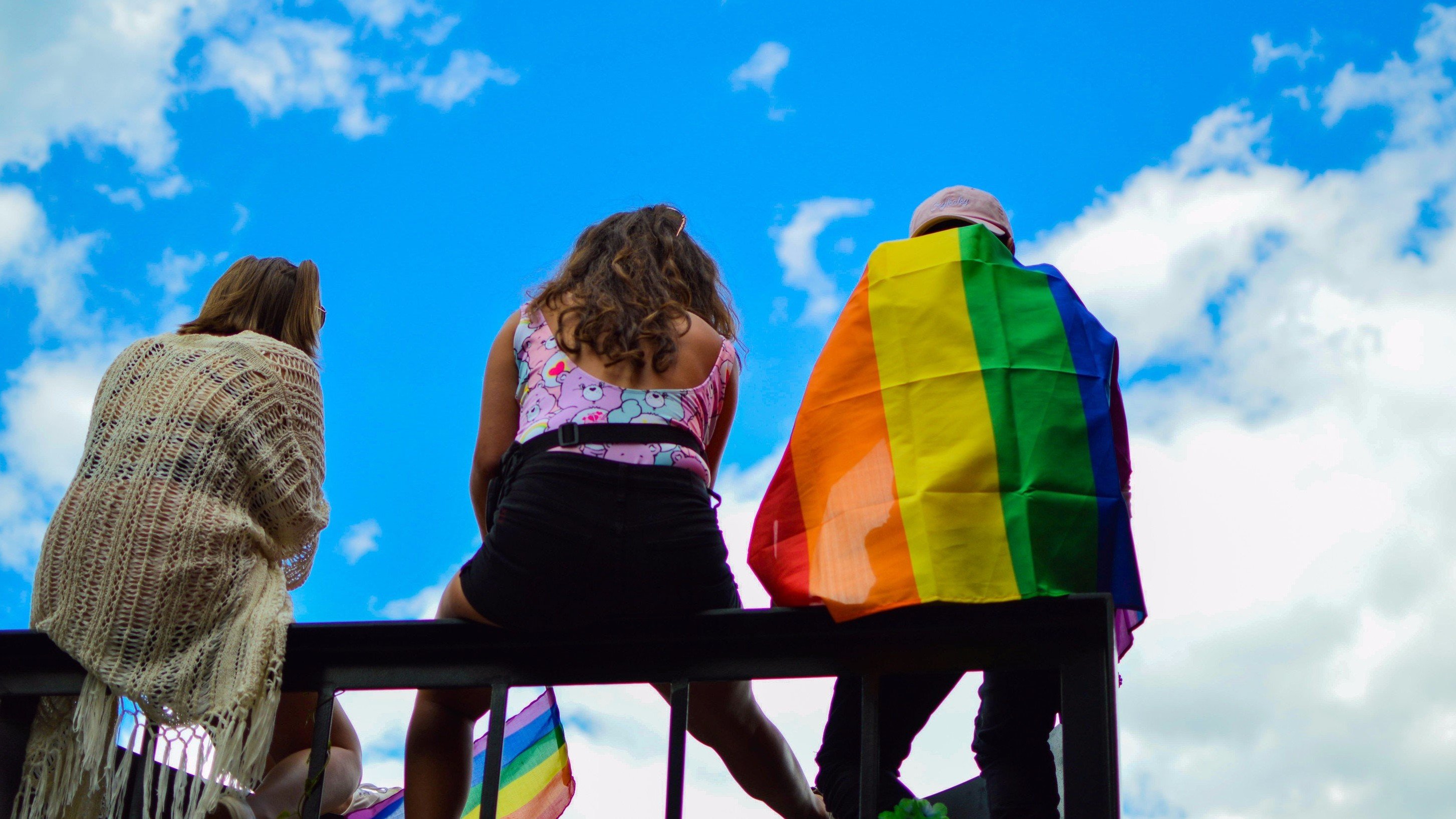Earlier this Fall, academic researchers and professionals in government, business, and environmental organizations came  together to explore the potential for creating FutureTalks – a large-scale community engagement program on urban sustainability and climate change issues.
together to explore the potential for creating FutureTalks – a large-scale community engagement program on urban sustainability and climate change issues.
Our conversations reinforced the importance of public engagement for the process of transitioning Toronto to a low-emissions future and acknowledged that, despite the excellent work on this front being done across the city, there are gaps remaining. Partnerships were seen as essential to leverage local capacities to support meaningful public engagement and policy development throughout the city. Key insights for engaging the public in Toronto’s sustainability included:
- Linking climate change and environmental issues to people’s every day experiences – In order to meaningfully engage a large group of Torontonians, the issues discussed should be tied to people’s health, daily lives, and communities. The more personal, local, concrete, and relevant the issues on the table are, the more likely people will want to engage.
- Diverse and Tailored Outreach Strategies – Toronto is a very diverse city geographically, demographically, and culturally. Convenors should work hard to avoid making assumptions about what people’s needs are, how they are able to access information, and the capacities they are bringing to the discussion. Effort should also focus on leveraging the wide array of existing programs and activities under way in the city.
- Focus Explicitly on Outcomes – Engagement processes are likely to be more effective if participants sense that their involvement will lead to change or a policy decision of some kind. If convenors are able to demonstrate to participants that there are real choices for the city at stake, those who may otherwise feel disenfranchised may have a greater incentive to participate.
- Barriers to Community Engagement – Convenors may be relying on outmoded engagement processes and have varying levels of commitment to community engagement. Large-scale engagement processes demand resources (both time and money). There may be opportunities to partner with the private sector to leverage additional resources, and to include businesses as participants in engagement processes.
Many powerful lessons and ideas for the FutureTalks project were generated by this dialogue of diverse stakeholders and work is now underway to pursue grant funding to translate these promising ideas and insights into action that will engage Torontonians in meaningfully shaping a sustainable future.
Learn More:
- Download the full FutureTalks - Minden Symposium Report
- Visit the School of the environment website
- Get in touch with John Robinson - johnb.robinson@utoronto.ca
- Check out photos from the event





